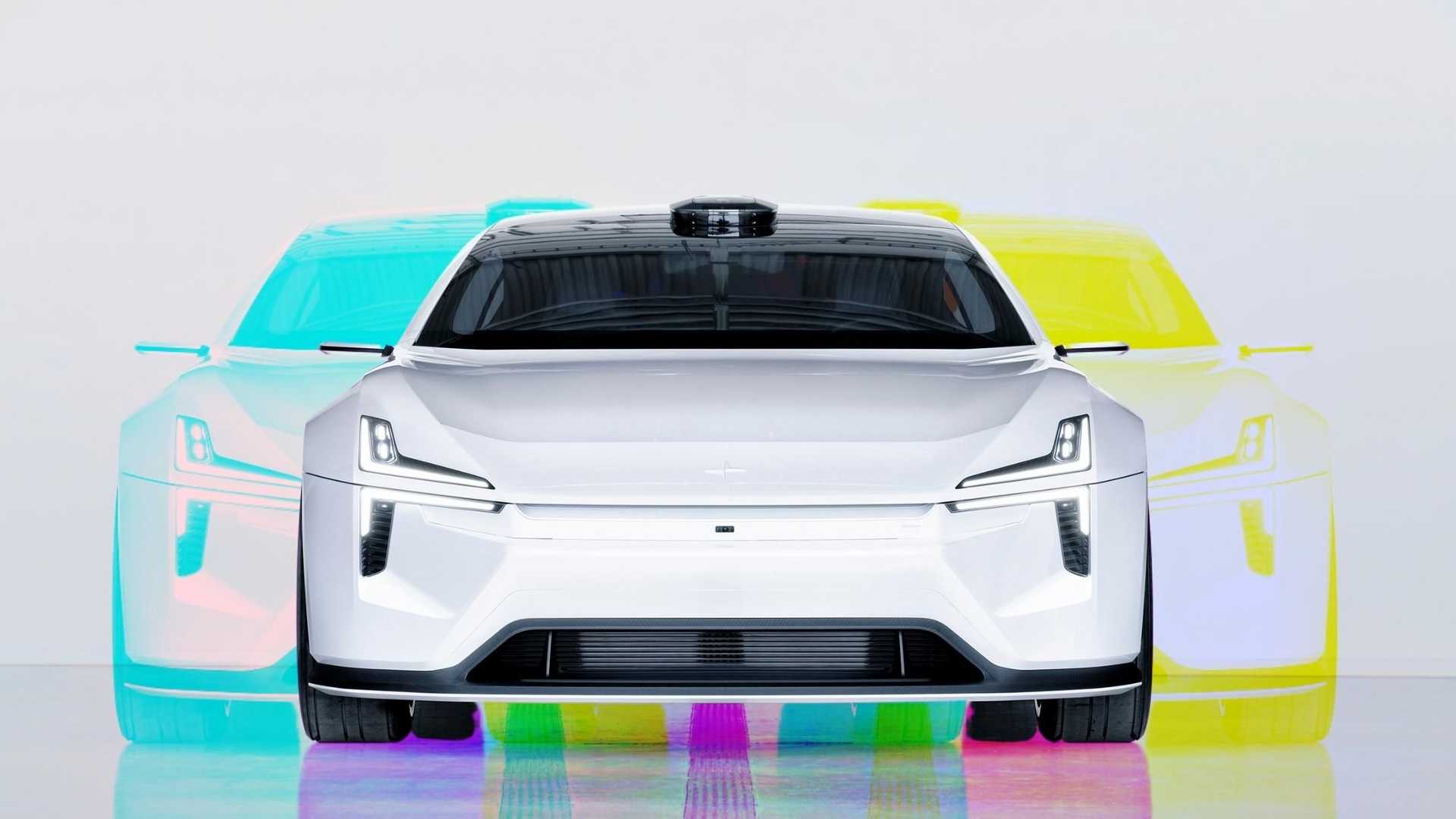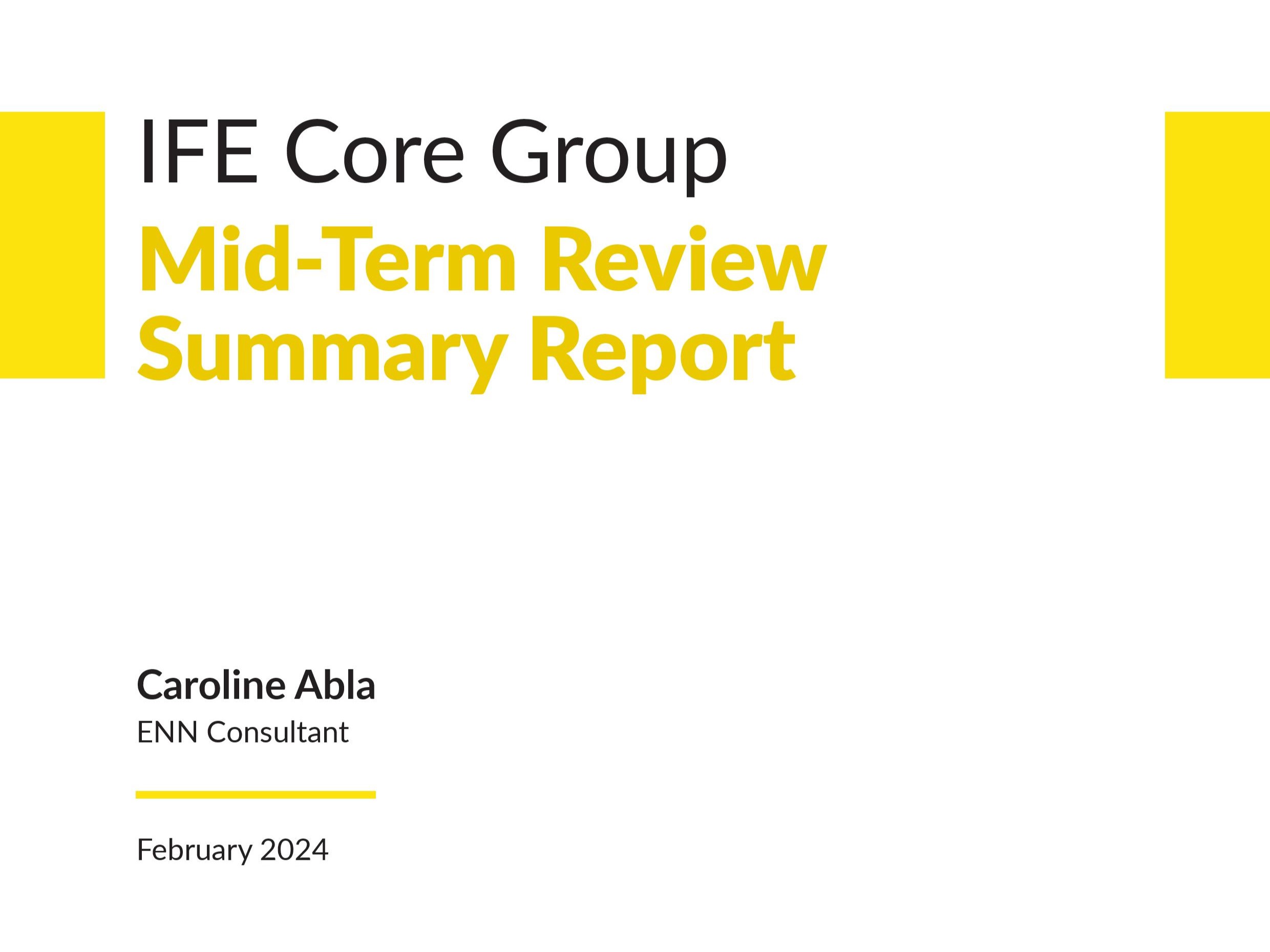BYD's Rise: Ford's Decline And The Future Of EVs In Brazil

Table of Contents
BYD's Aggressive Entry and Market Penetration in Brazil
BYD's swift ascension in the Brazilian EV market is a testament to its strategic approach. The company's success can be attributed to several key factors:
Competitive Pricing and Product Strategy
- Affordable EVs: BYD focuses on offering competitive prices, making electric vehicles accessible to a broader segment of the Brazilian market than many competitors. This contrasts with some premium EV brands, allowing BYD to capture a larger market share.
- Successful Localization Strategy: BYD has invested heavily in localizing its manufacturing and supply chains in Brazil. This reduces reliance on imports, lowering costs and improving responsiveness to market demands. This localized approach is crucial for navigating the challenges of the Brazilian automotive landscape.
- Diverse EV Model Offerings: BYD offers a diverse range of electric vehicles, including sedans, SUVs, and even commercial vehicles, catering to varied consumer preferences and needs. This comprehensive portfolio positions them favorably against competitors with more limited offerings.
- Strong Battery Technology: BYD's advanced battery technology, known for its range and longevity, provides a key competitive advantage. This is a critical factor influencing consumer purchasing decisions in the EV market.
BYD's pricing strategy is a significant differentiator. By offering competitive prices compared to established players and even gasoline-powered vehicles, they make EVs a more attractive proposition for the average Brazilian consumer. Their localization efforts further enhance their affordability and efficiency.
Government Incentives and Infrastructure Support
- Brazilian Government Policies: The Brazilian government has implemented various policies to incentivize EV adoption, including tax breaks, subsidies, and import duty reductions on EV components.
- Charging Infrastructure Development: While still under development, investments in charging infrastructure are gradually increasing, making EV ownership more practical for consumers. This remains a key area needing continued improvement.
Government support has played a crucial role in BYD's success. Tax incentives and subsidies directly lower the cost of EV ownership, making them more appealing to consumers. The ongoing development of charging infrastructure, albeit still in its early stages, is essential for long-term EV adoption.
Strong Brand Building and Marketing Campaigns
- Targeted Marketing: BYD has implemented effective marketing and communication strategies in Brazil, carefully targeting specific demographics and highlighting the environmental benefits and technological advantages of their EVs.
- Sustainability Focus: Their marketing emphasizes sustainability and technological innovation, resonating with environmentally conscious consumers.
BYD's brand building has been instrumental in achieving market penetration. Their targeted marketing campaigns effectively communicate the value proposition of their EVs, emphasizing both economic and environmental benefits.
Ford's Challenges and Withdrawal from the Brazilian Market
Ford's decline in the Brazilian market presents a stark contrast to BYD's rise. Several intertwined factors have contributed to their challenges:
Economic Factors and Market Volatility
- Economic Downturns: Brazil's economy has experienced periods of significant volatility, impacting consumer spending on automobiles. This unpredictability makes long-term investment planning challenging.
- High Import Duties: High import duties and tariffs on vehicles and components increase the cost of production and reduce competitiveness.
- Fluctuating Currency: Fluctuations in the Brazilian real against other currencies further complicate financial planning and profitability.
The volatile Brazilian economy significantly impacted Ford's operations, impacting sales and profitability. High import tariffs and currency fluctuations further exacerbated their challenges.
Competition from Other Automakers
- Increased Competition: Ford faced intense competition from other international and local automakers offering a wide range of vehicles at various price points.
- Lack of a Strong EV Portfolio: Ford's failure to develop and launch a competitive range of EVs in Brazil significantly hindered their ability to adapt to the changing market.
Ford's lack of a strong EV portfolio put them at a severe disadvantage compared to competitors like BYD who were capitalizing on the growing demand for electric vehicles.
Shifting Consumer Preferences
- Growing Demand for SUVs: Consumer preference shifted towards SUVs, a segment where Ford's offerings were less competitive.
- Fuel Efficiency: Increased demand for fuel-efficient vehicles, coupled with rising fuel prices, further weakened the appeal of Ford's traditional gasoline-powered models.
- Growing Interest in EVs: The growing interest in EVs in Brazil caught Ford unprepared, leaving them behind in a rapidly evolving market.
The changing preferences of Brazilian consumers caught Ford off guard. Their inability to adapt to the growing demand for SUVs and EVs contributed significantly to their market decline.
The Future of the EV Market in Brazil
The future of the EV market in Brazil holds immense potential, but several factors will shape its trajectory:
Growth Projections and Market Forecasts
- Positive Growth Predictions: Market research projects significant growth in EV sales in Brazil over the next decade.
- Commercial EV Segment: The commercial vehicle segment is expected to see particularly strong growth, driven by the potential cost savings and environmental benefits of electric trucks and buses.
- Technological Advancements: Continued technological advancements in battery technology, charging infrastructure, and vehicle design will drive further market expansion.
The Brazilian EV market is poised for significant growth, driven by a confluence of factors including government incentives, consumer demand, and technological innovation.
Challenges and Opportunities for EV Adoption
- Infrastructure Limitations: Expanding charging infrastructure remains a critical challenge for widespread EV adoption.
- Consumer Concerns: Consumer concerns regarding range anxiety, charging times, and battery lifespan require ongoing education and reassurance.
- Government Policies: Continued government support and clear policy frameworks are essential for sustaining market growth.
- Renewable Energy: The integration of renewable energy sources into the electricity grid is crucial for reducing the carbon footprint of EVs.
While the prospects for the Brazilian EV market are positive, addressing infrastructure limitations, consumer concerns, and ensuring continued government support will be crucial for achieving widespread EV adoption.
Conclusion
BYD's remarkable success in the Brazilian EV market contrasts sharply with Ford's struggles, illustrating the rapid transformation within the automotive sector. BYD's strategic approach, combined with favorable government policies, positions it as a major player shaping the future of electric vehicles in Brazil. However, widespread EV adoption still faces challenges. Understanding the dynamics between BYD's rise and Ford's decline provides critical insights into the future of the Brazilian EV market and the need for continued investment in infrastructure and supportive policies to accelerate the transition to sustainable transportation. To stay updated on the latest developments in this exciting market, keep following news and analysis on BYD, Ford, and the overall future of electric vehicles in Brazil.

Featured Posts
-
 Optimizing Commodities Operations Walleye Cuts Credit And Core Group Strategy
May 13, 2025
Optimizing Commodities Operations Walleye Cuts Credit And Core Group Strategy
May 13, 2025 -
 Prediksi Pertandingan Ac Milan Vs Atalanta Head To Head And Susunan Pemain
May 13, 2025
Prediksi Pertandingan Ac Milan Vs Atalanta Head To Head And Susunan Pemain
May 13, 2025 -
 Donde Ver Futbol Serie A En Vivo Guia De Streaming
May 13, 2025
Donde Ver Futbol Serie A En Vivo Guia De Streaming
May 13, 2025 -
 The Hobbit The Battle Of The Five Armies A Deeper Dive Into Middle Earths Epic Confrontation
May 13, 2025
The Hobbit The Battle Of The Five Armies A Deeper Dive Into Middle Earths Epic Confrontation
May 13, 2025 -
 Luxury Real Estates Best Kept Secret Off Market Listings Luxury Presence
May 13, 2025
Luxury Real Estates Best Kept Secret Off Market Listings Luxury Presence
May 13, 2025
